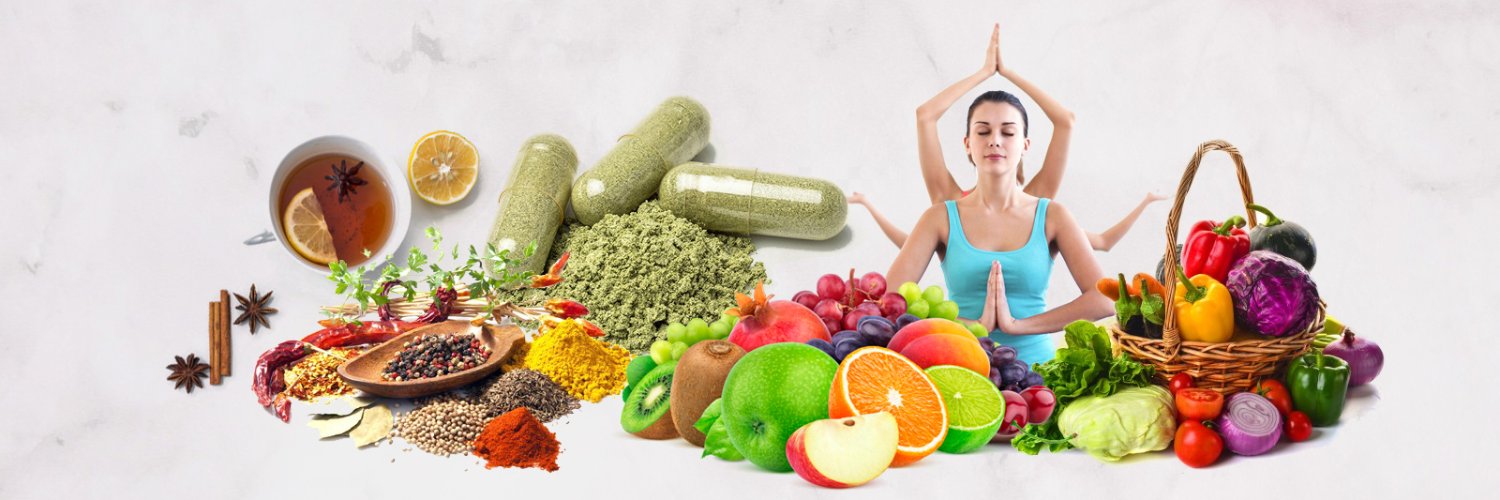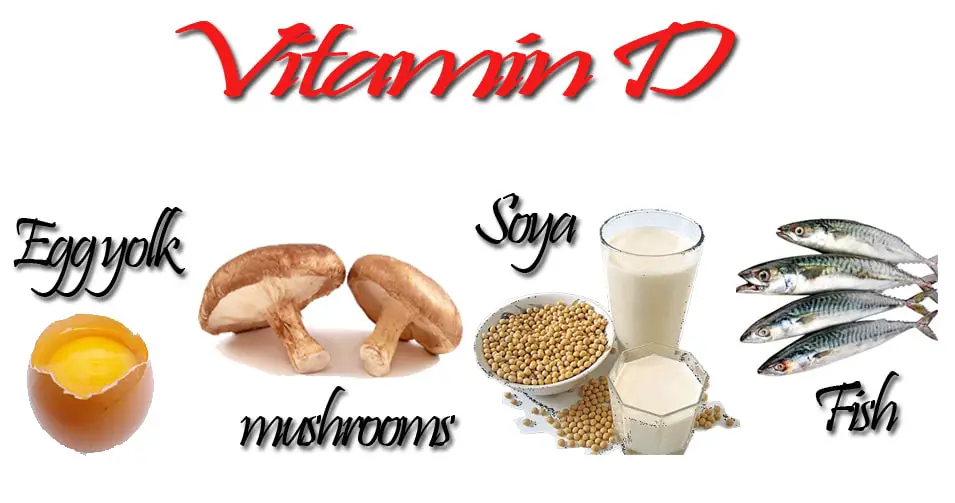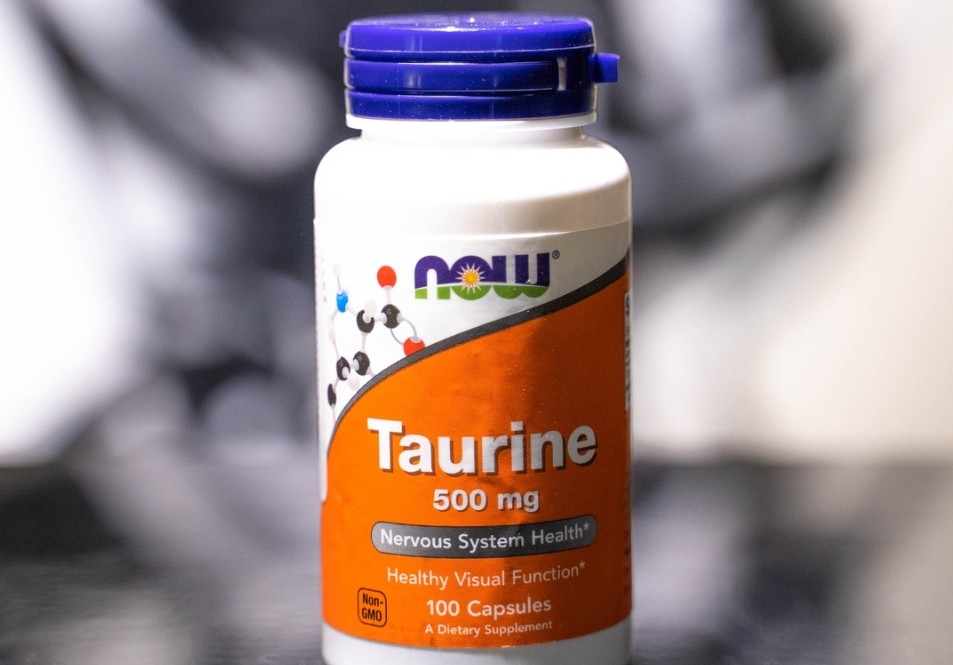Introduction:
Muscle cramps can be quite uncomfortable and can hinder daily activities and exercise routines. While there are several factors that contribute to muscle cramps, including dehydration, nutrient deficiencies, and overuse of muscles, a well-balanced diet can play a crucial role in preventing and alleviating muscle cramps. In this comprehensive guide, we will explore 12 foods that may help with muscle cramps and discuss their nutritional benefits and how they can support muscle health.
Bananas:
Bananas are an excellent source of potassium, a mineral that plays a vital role in muscle function and fluid balance. Potassium helps regulate nerve impulses, preventing muscle cramps and promoting muscle relaxation. Additionally, bananas contain carbohydrates that provide energy to muscles during exercise, reducing the risk of cramping. Including a banana in your pre- or post-workout snack can be beneficial in preventing muscle cramps.
Sweet Potatoes:
Sweet potatoes are packed with potassium, magnesium, and calcium, all of which are essential for maintaining proper muscle function. These minerals work together to support muscle contraction and relaxation, thereby reducing the occurrence of cramps. Moreover, sweet potatoes are rich in complex carbohydrates, providing sustained energy for muscle performance.
Spinach:
Spinach is a leafy green vegetable that offers a plethora of nutrients, including magnesium, calcium, and vitamins A and C. Magnesium helps relax muscles and aids in the prevention of muscle cramps. Calcium is necessary for muscle contraction, while vitamins A and C support overall muscle health. Incorporating spinach into salads, smoothies, or sautés can be an effective way to add these essential nutrients to your diet.
Almonds:
Almonds are an excellent source of magnesium, a mineral that plays a crucial role in muscle function. Magnesium helps regulate muscle contractions, thereby reducing the risk of cramps. Additionally, almonds provide protein and healthy fats, which support muscle recovery and maintenance. Snacking on a handful of almonds or adding them to your meals can contribute to muscle health.
Greek Yogurt:
Greek yogurt is a protein-rich food that contains calcium and magnesium. Calcium is essential for muscle contraction, while magnesium aids in muscle relaxation. The combination of these minerals helps maintain proper muscle function, reducing the likelihood of cramps. Greek yogurt also provides probiotics that support gut health, which can indirectly influence muscle health.
Oranges:
Oranges are not only a refreshing citrus fruit but also a great source of potassium and vitamin C. Potassium helps regulate muscle contractions and prevents cramps, while vitamin C supports collagen synthesis, which is essential for muscle tissue repair. Enjoying oranges as a snack or incorporating them into your meals and juices can be beneficial for muscle cramp prevention.
Salmon:
Salmon is a fatty fish rich in omega-3 fatty acids and protein. Omega-3 fatty acids have anti-inflammatory properties that can help reduce muscle soreness and inflammation, which may be associated with cramps. Additionally, the high-quality protein in salmon supports muscle repair and growth. Including salmon in your diet a few times a week can contribute to overall muscle health.
Quinoa:
Quinoa is a nutrient-dense grain that contains essential amino acids, including lysine. Lysine plays a role in calcium absorption and collagen production, both of which are important for muscle health. Quinoa also provides carbohydrates for energy and magnesium for muscle relaxation. Incorporating quinoa into salads, stir-fries, or grain bowls can be a nutritious addition to your diet.
Watermelon:
Watermelon is not only a refreshing summer fruit but also a hydrating food that can help prevent muscle cramps. It contains high water content, aiding in hydration and maintaining proper fluid balance in the body. Watermelon is also a source of potassium and magnesium, supporting muscle function and preventing cramps. Enjoy watermelon as a hydrating snack or add it to smoothies and salads.
Coconut Water:
Coconut water is a natural beverage rich in electrolytes, including potassium, magnesium, and sodium. These electrolytes help replenish lost minerals during exercise or physical exertion, preventing muscle cramps and promoting hydration. Opt for natural coconut water without added sugars or flavors for the best nutritional benefits.
Tart Cherries:
Tart cherries are known for their anti-inflammatory properties, thanks to the presence of compounds called anthocyanins. Muscle cramps often involve inflammation, and consuming tart cherries or cherry juice can help reduce muscle soreness and inflammation, potentially alleviating cramps. Tart cherries can be enjoyed fresh or incorporated into smoothies and desserts.
Dark Chocolate:
Dark chocolate with a high cocoa content (70% or more) contains magnesium and antioxidants, such as flavonoids. Magnesium aids in muscle relaxation, while antioxidants protect muscles from oxidative stress and inflammation. Indulging in a small piece of dark chocolate can be a satisfying way to obtain these benefits for muscle cramp prevention.
Conclusion:
A well-rounded diet that includes these 12 foods can contribute to muscle health and potentially alleviate muscle cramps. Remember to maintain proper hydration, balance your nutrient intake, and consult a healthcare professional if you frequently experience muscle cramps. Incorporating these foods into your meals and snacks, along with regular exercise and stretching, can help you stay active, reduce discomfort, and support overall muscle well-being.
- What Is Delta-10 Thc? Learn About Its Effects, Benefits, And More - November 8, 2023
- Oils By Petreleaf-Exploring the Finest Oils A Comprehensive Evaluation - September 21, 2023
- The Comprehensive Guide to the Benefits of Vitamin C - July 13, 2023





